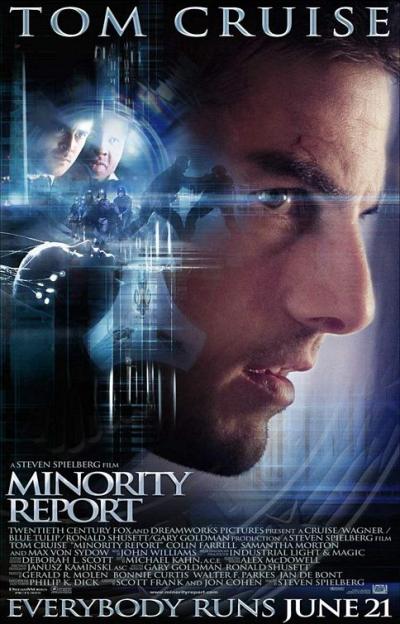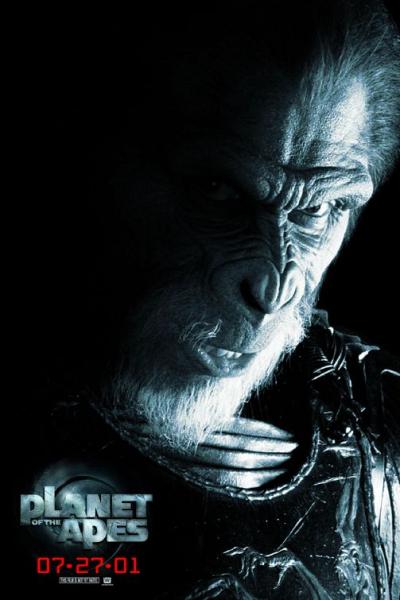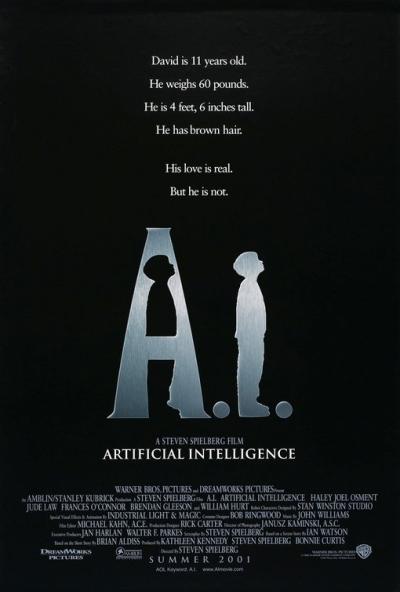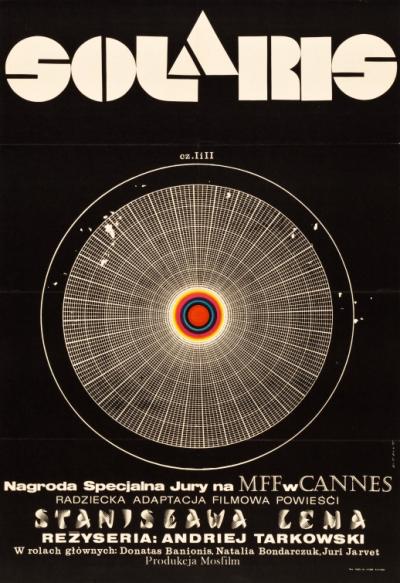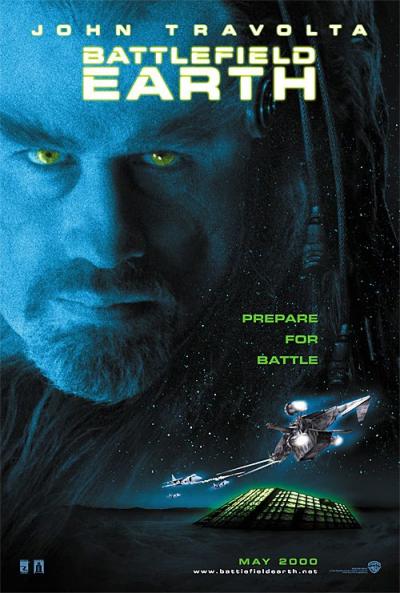Sky Captain and the World of Tomorrow
dir: Kerry Conran
[img_assist|nid=981|title=There is no tomorrow for you guys|desc=|link=none|align=right|width=305|height=450]
Kerry Conran had a vision, God love him. This is a man who had a genuine ambition. Ambition is not unknown in Hollywood, to be sure. But this isn’t a case of a guy whose ambition is only to make a film, or to get wealthy, or to fuck high class prostitutes. He had a bunch of ideas for making a very particular film, and he’s been striving for over ten years to get it done. Finally, in the form of Sky Captain and the World of Tomorrow, he’s achieved his goal. There may have been pitfalls and compromises along the way, but in the end he brought his unique vision to the screen, goddamnit. And for that he deserves to be commended.
It’s not a particularly unique or original vision; in a way he’s doing little more than what George Lucas did decades ago when he used his memories of Saturday matinee serials and Amazing Stories-type books and comics to come up with the Indiana Jones and the Star Wars stuff, to the ecstasy of nerds the world over. And sure, more recently many of the same visual and thematic influences turned up, incredibly enough in the recent Pixar treasure The Incredibles.
It is, on the other hand, resolutely his own take on all those elements, which he uses to come up with something he can call his own, even if the origins aren’t that obscure or even remotely forgotten.
